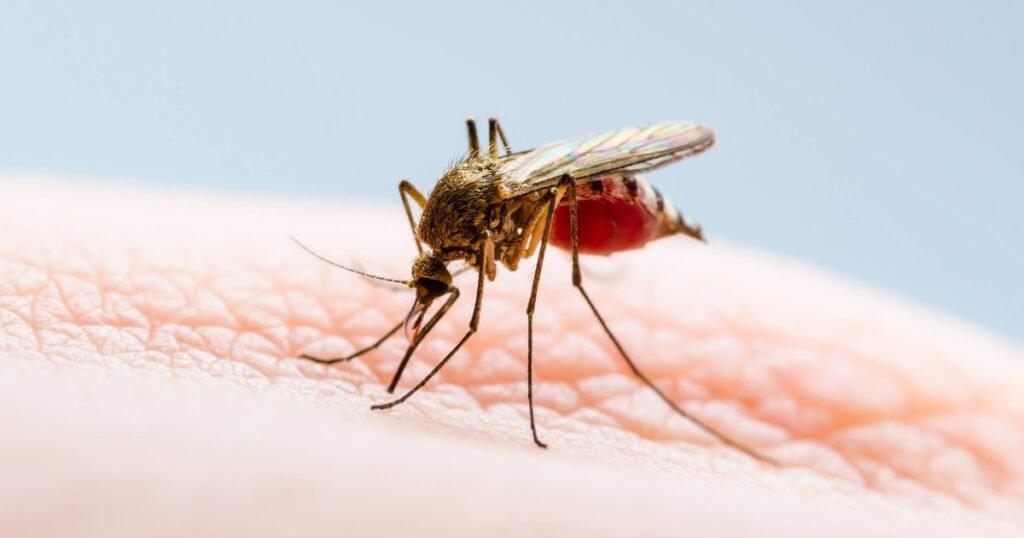A person has died from the mosquito-borne virus known as EEE in New York, marking the state’s first case of the disease since 2015 and the second death from EEE in the U.S. since late August. EEE, also known as Eastern equine encephalitis, has been detected in six states this year, according to data from the U.S. Centers for Disease Control and Prevention. This is just one of a few potentially deadly mosquito-borne diseases currently circulating in the U.S., prompting concerns about when mosquito season will come to an end.
While the U.S. has officially entered fall, experts say that August and September are peak months for mosquito-borne illnesses in the country. Mosquito populations have had more time to grow and spread viruses during this time than earlier in the season, leading to an increased risk of infections. Other diseases spread locally by mosquitos in the U.S. that have made headlines this spring and summer include West Nile virus, with 659 cases in 43 states, and dengue fever, with over 3,200 locally acquired cases in two states, Puerto Rico, and the Virgin Islands.
When do mosquitos go away in the U.S.? The answer to this question depends on where you live and how quickly the weather cools. Mosquitoes are typically active until the first frost, but may become dormant rather than dying off when temperatures drop below 50 degrees Fahrenheit. In areas with milder winters, mosquitoes may be active year-round. Climate change can also affect the length of mosquito season, as warmer temperatures and longer warm seasons extend the time each year that mosquitoes are active.
Mosquitoes may rest and “go away” at night, says Jody Gangloff-Kaufmann, Ph.D., from The New York State Integrated Pest Management Program. There are day-biting and dusk/dawn-biting mosquitoes, with the timing of dusk varying depending on location and time of year. It is important to take steps to prevent mosquito bites, such as wearing long, loose-fitting clothing, minimizing outdoor time during peak mosquito hours, using EPA-registered insect repellents and treated clothing or gear, and using screens on windows and doors. Regularly emptying out water-holding containers can also help reduce mosquito populations.
Health officials in states like New York and Massachusetts have urged residents to take precautions to prevent mosquito bites, given the increased risk of mosquito-borne illnesses at this time of year. With the presence of EEE and other diseases in multiple states, it is important to be vigilant about mosquito protection measures. It is essential to be aware of when mosquitoes are most active, how to prevent bites, and to follow recommendations from health authorities to reduce the risk of infection.











